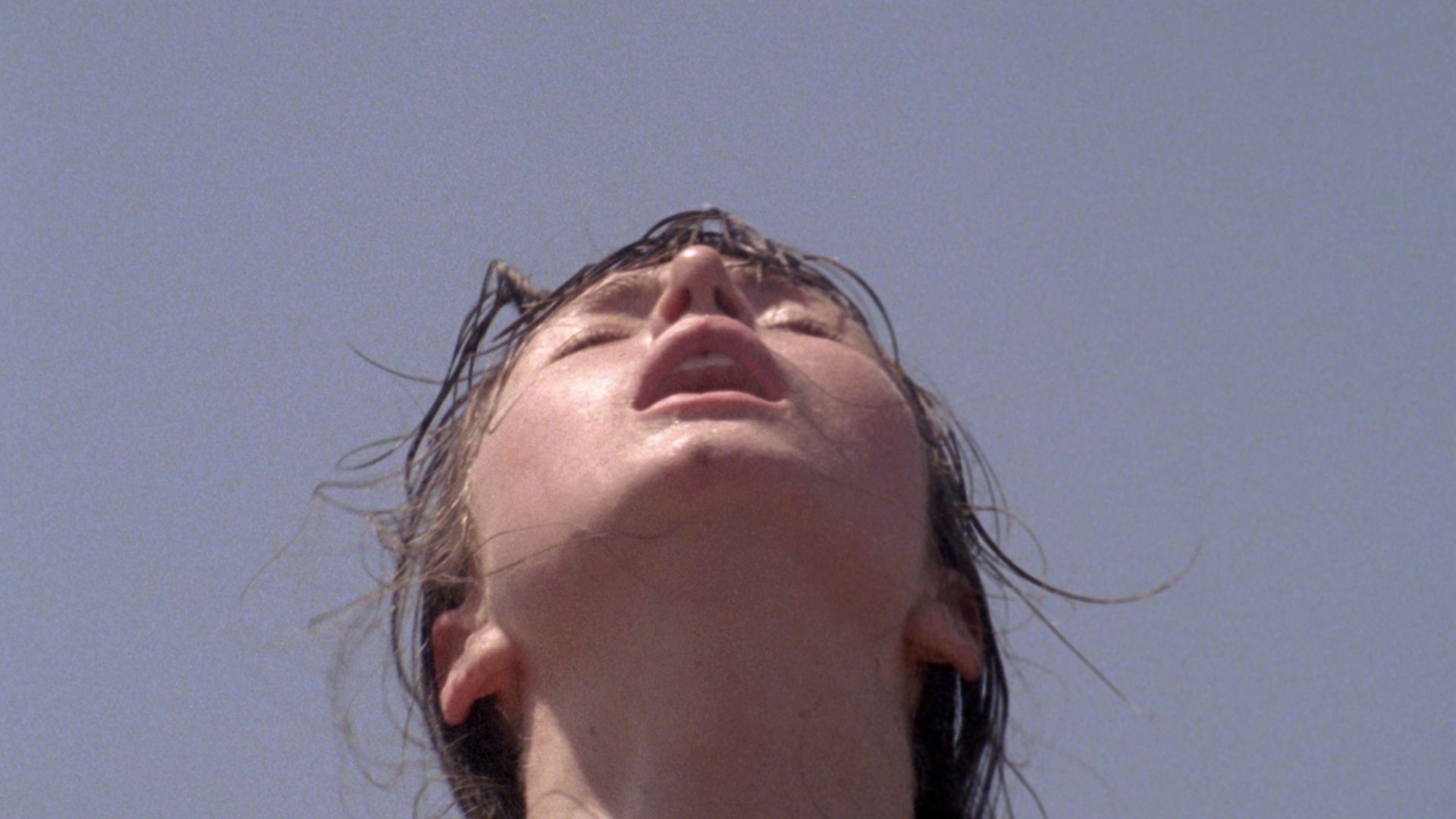Sun Don’t Shine
Runs Fri., April 26–Thurs., May 2 at Grand Illusion. Not rated. 80 minutes.
A convincing fistfight is always a challenge to execute in the movies, so Sun Don’t Shine begins on a promising note: two people, a young man and woman, ham-handedly scrapping in the midday Florida sun. They look clumsy, stupid in their movements, and the scuffle has an authentically awkward feel.
Plus, it lets us know we’re in the middle of something. The two are Crystal (Kate Lyn Sheil) and Leo (Kentucker Audley), who are driving across the Sunshine State for reasons that will dribble out only gradually. Despite the momentary fracas, they are together, in an awful sort of l’amour fou kind of way, and the gun in the glove compartment suggests that they carry a dark secret on this journey.
Leo is tight-lipped and unto himself, which might explain why Crystal goes the other direction: This tiny-eyed, baby-faced dynamo is a true loose cannon. It’s hard to choose which would be the worse companion for a road trip.
Sun Don’t Shine is written and directed by Amy Seimetz, whose performances in local director Megan Griffiths’ The Off Hours and Shane Carruth’s current puzzler Upstream Color have marked her as one of her generation’s more fiercely watchable actresses. She doesn’t appear in Sun Don’t Shine, but displays enough directing touch to make you curious to see more.
The film’s most notable success comes in conjuring the humid texture of a particular place, from the Florida backroads to the tourist kitsch of the mermaid show at Weeki Wachee Springs. Gorgeously shot on 16 mm film—with cameras loaned by Northwest Film Forum—and baked in the subtropical sun, the stifling mood could explain the unhappy twosome’s obscure behavior.
Sheil and Audley come from the lo-fi realm of indie film (some folks call it mumblecore), and there’s a workshopped aspect to Sun Don’t Shine that will either provide excitement or exasperation, depending on your tolerance for that vibe. I confess that Seimetz appears more fascinated by Sheil’s otherworldly spaciness than I am, but maybe that’s a matter of taste.
The picture feels closer in spirit to the American cinema of the ’70s than to mumblecore, and it does steer in the direction of the more out-there efforts of Robert Altman and Monte Hellman during that era. (Occasionally I wish a young filmmaker would revisit the American cinema of the ’30s, but that doesn’t seem likely.) Here, you have to be willing to put up with the maddening match of Leo and Crystal, but the movie around them is a persuasive fever-dream.
film@seattleweekly.com







